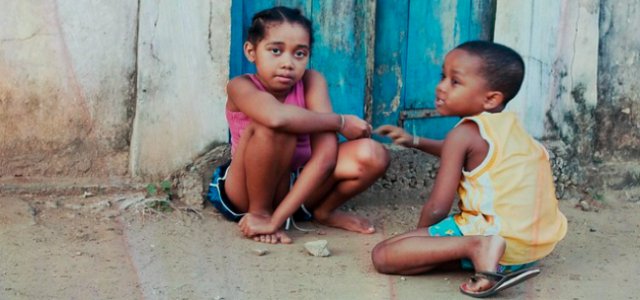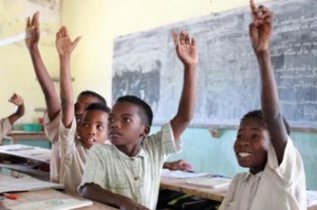|
The impact on children's lives through sponsorship is profound and multifaceted. Primarily, it ensures access to education. This often means covering school fees, uniforms, books, and supplies, items that are often insurmountable financial burdens for impoverished families. Beyond education, sponsorship frequently provides nutritional support, ensuring children receive regular meals, which is crucial for their physical and cognitive development.
Many programs also offer access to healthcare, including regular check-ups, vaccinations, and treatment for illnesses. Furthermore, the emotional and psychological benefits are significant. Knowing they are supported by someone who cares can boost a child's self-esteem and confidence, giving them the hope and motivation to pursue their dreams. Sponsorship can also provide access to extracurricular activities or mentorship, broadening their horizons and developing essential life skills.
The positive ripple effect of child sponsorship extends far beyond the individual child. It has a significant impact on the community as well. When children are educated and healthy, they are more likely to become productive members of society as adults, contributing to their local economies and breaking the cycle of poverty for future generations.
Educated individuals can secure better employment, leading to improved living standards for their families and communities. Moreover, sponsored communities often benefit from the infrastructure improvements and health services that sponsorship programs facilitate. The establishment of schools, clean water sources, and health clinics not only serves sponsored children but also the wider community, improving overall well-being and resilience. This holistic approach to development fosters a sense of hope and empowerment within the community, encouraging local participation and ownership of development initiatives.
Understanding which children are selected for child sponsorship and how is also important. Typically, children who are selected are those living in extreme poverty, often from vulnerable families who cannot provide for their basic needs independently. Organisations work closely with local community leaders and schools to identify children who would benefit most from sponsorship. The selection process often considers factors such as a child's enrollment in school, their family's socioeconomic status, and their overall well-being. While some programs prioritise orphaned or abandoned children, many focus on children from struggling families who are at risk of dropping out of school or facing severe health challenges due to poverty. The goal is to intervene early, providing the support necessary to help these children thrive and reach their full potential.
Child sponsor programs in Madagascar generally focus on providing care to orphaned and abandoned children, access to water, health and education projects, food aid and working with HIV awareness and prevention. You can make a difference when you sponsor a child from Madagascar. Our current sponsorship details are detailed above. Also check out our Children's Charity page for further opportunities. |















